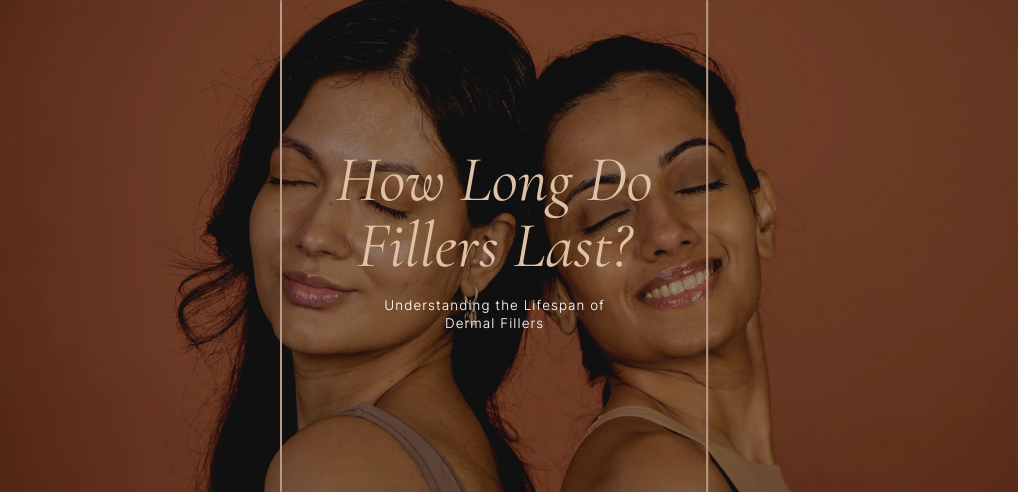
Dermal fillers have become a popular non-surgical solution to restore volume, reduce wrinkles, and enhance facial contours. Whether it's plumper lips, smoother cheeks, or a more defined jawline—fillers offer subtle yet effective results. But one of the most common questions clients ask before committing is: How long do fillers last?
The short answer: it depends. The longevity of dermal fillers varies based on the type of filler used, the area treated, the individual’s metabolism, and lifestyle habits. Let’s break it down.
1. Type of Filler Matters
Most fillers used today are made of hyaluronic acid (HA), a substance naturally found in the body. Popular HA-based fillers like Juvederm, Restylane, and Belotero generally last between 6 to 18 months. Other filler types such as:
-
Calcium Hydroxylapatite (e.g., Radiesse): Typically lasts 12 to 18 months.
-
Poly-L-lactic acid (e.g., Sculptra): Stimulates collagen and can last up to 2 years, though results build gradually.
-
Polymethylmethacrylate (PMMA): Considered semi-permanent, these fillers can last 5 years or more, but are used less frequently due to their permanence and potential complications.
2. Area of Treatment
The area where the filler is injected plays a big role in how long it lasts. Regions with less movement (like the cheeks or under-eye area) tend to retain filler longer than areas with high mobility (like the lips or around the mouth).
Here’s a quick guide:
-
Lips: 6–9 months
-
Nasolabial folds (smile lines): 9–12 months
-
Cheeks: 12–18 months
-
Under-eye area: Up to 12 months
-
Jawline & chin: 12–24 months
3. Your Metabolism
Everyone metabolizes fillers differently. People with a fast metabolism (often those who are very active or younger) may notice their filler breaking down more quickly. Similarly, facial expressions, stress, and even diet can subtly influence how long results last.
4. Maintenance is Key
While fillers aren’t permanent, their effects can be extended with timely maintenance sessions. Many patients opt for “touch-ups” every 6–12 months to maintain a consistent look. The good news? With regular treatments, you might find that you need less filler over time, as your body starts to build collagen in treated areas.
5. Skilled Injection = Longer Results
Choosing a qualified, experienced provider is critical—not just for safety, but for longevity. A skilled injector knows exactly where and how much filler to place for optimal, lasting results. Poor technique can lead to quicker breakdown, unevenness, or the need for early corrections.
In Conclusion
Fillers are not one-size-fits-all, and their longevity varies by type, placement, and personal biology. Most patients can expect their results to last anywhere from 6 months to 2 years. Consulting with a certified aesthetic professional can help create a customized plan based on your goals, lifestyle, and expectations.
If you’re ready to enhance your features or restore youthful volume, booking a consultation is the perfect place to start. Beautiful, natural-looking results are just a filler away.


